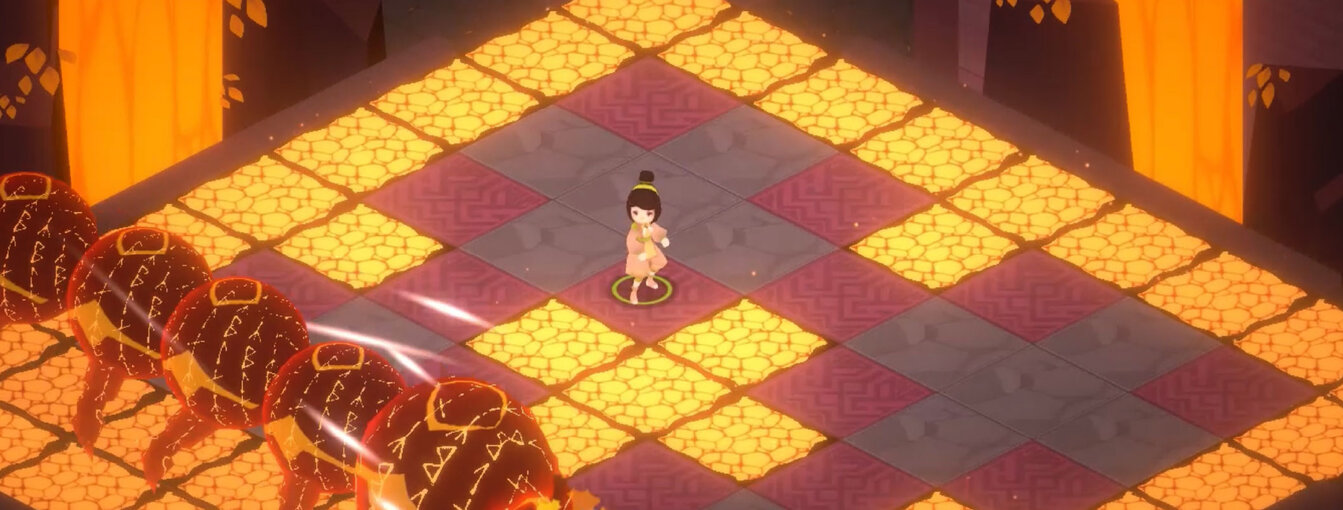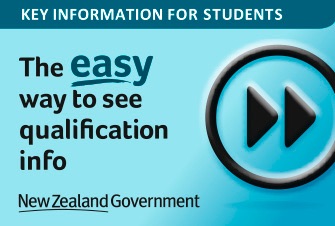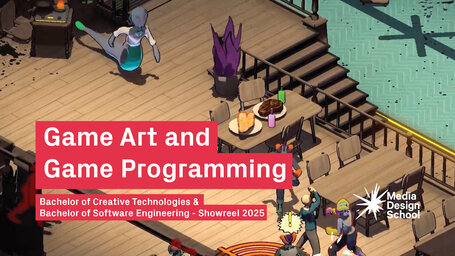What is the Graduate Diploma of Creative Technologies - Game Art?
Bring your on creative style to the gaming industry.
Great games don't just play good, they look good too. The Graduate Diploma of Creative Technologies Game art stream will teach you the skills you need to take your creative vision and turn it into industry-ready game assets that wouldn't look out of place in the biggest AAA titles.
You should study Game Art if you are passionate about creating worlds, characters, and interfaces that exist within the context of a video game. By studying Game Art, you will learn how to design beautiful and immersive environments and believable characters, and then combine those elements to deliver a gaming experience that people will cherish.
Course Outline
Our Graduate Diploma of Creative Technologies - Game Art is designed to work around your existing skills, and get you to an industry level game artist in just one year.
Course Outline
Aimed at those who have experience in digital art or design who would like to improve their skills while also learning to design and create their own games.
This stream is available for February intake only.
| Component Name | Credits | Toggle |
|---|---|---|
|
Digital Art
|
||
|
Learn to create digital art for games. You will create concept art for characters and environments while also developing production ready assets such as user-interfaces.
|
||
|
2D Game Production
|
||
|
Create your own 2D game through guided lessons that will enable you to go from pitch, to prototype, to a completed project.
|
||
|
Game Design
|
||
|
Explore principles of game design through topics such as mechanics, balance, player motivation, narrative, level design and more. Through practical projects and iteration, you will apply your learning to design a game.
|
||
|
Major Project
|
||
|
Develop an independent project of your choosing utilising the skills you have learned throughout the course. Alternatively, students may undertake a major game production in a team working with other artists and programmers. Note: team production is subject to availability.
|
||
Course Outline
Aimed at those who have experience in digital art or design who want to learn 3D. This option is also suitable for those with little to no experience in 3D who wish to extend their skills in the context of game development and production.
This stream is available for July intake only.
| Component Name | Credits | Toggle |
|---|---|---|
|
3D Modeling
|
||
|
Learn industry standard 3D tools to model, texture and animate a range of assets optimised for production. You will create props, environments and characters of your own design that are ready to be used in a game engine.
|
||
|
Technical Art
|
||
|
Work in modern 3D game engines such as Unity and Unreal to develop an understanding of materials, lighting and visual effects, and basic scripting.
|
||
|
Game Design
|
||
|
Explore principles of game design through topics such as mechanics, balance, player motivation, narrative, level design and more. Through practical projects and iteration, you will apply your learning to design a game.
|
||
|
Major Project
|
||
|
Develop an independent project of your choosing utilising the skills you have learned throughout the course. Alternatively, students may undertake a major game production in a team working with other artists and programmers. Note: team production is subject to availability.
|
||
Course Outline
Aimed at those who have a basic understanding of 3D in Maya for games who would like to improve their skills in sculpting, hard surface modelling, and PBR workflows. In addition, game engines are utilised to create high quality scenes and technical implementations.
This stream is available for February and July intakes.
| Component Name | Credits | Toggle |
|---|---|---|
|
Advanced 3D
|
||
|
Develop an advanced understanding of industry standard 3D tools to model, sculpt, optimize and texture assets utilising modern workflows. You will create a range of hard surface and organic models to create a portfolio of production ready assets.
|
||
|
Advanced Technical Art
|
||
|
Work in modern 3D game engines such as Unity and Unreal to develop an advanced understanding of materials, lighting, rigging, and visual effects, culminating in an real-time scene.
|
||
|
Game Design
|
||
|
Explore principles of game design through topics such as mechanics, balance, player motivation, narrative, level design and more. Through practical projects and iteration, you will apply your learning to design a game.
|
||
|
Major Project
|
||
|
Develop an independent project of your choosing utilising the skills you have learned throughout the course. Alternatively, students may undertake a major game production in a team working with other artists and programmers. Note: team production is subject to availability.
|
||
Careers & Industry
The Graduate Diploma of Creative Technologies provides you with everything you need to level up your skills, and to bring a more diverse skillset to your existing career, or the tools to switch to a new one. Our graduates have gone onto have successfull careers in industry, freelance, or even growing their existing businesses.
Game Designer & Level Designer
3D Artist
Technical Artist
Course Requirements
Open to domestic and international applicants with a degree qualification, or accumulated professional / educational experience relevant to the creative technologies domain.
If you are applying for the GDCT after completing a Bachelors Degree you will need to provide:
- Your portfolio;
- Your letter of intent;
- Your transcripts from your Bachelors qualification;
- Your CV/Resume;
If you are applying on the basis of accumulated professional or educational experience, you will need to provide evidence of four years or more of accumulated professional or educational experience, including two reference letters from previous employer/s; and transcripts from any prior tertiary qualifications you have completed.
Please note, quotas may apply to some programmes. Where demand exceeds the number of available places, applicants who meet entry requirements will be admitted on a first-come-first-served basis.
As an international student, you'll need to prove you have sufficient English language skills in order to complete this course. We'll be looking for Academic IELTS overall score of 6.0 (minimum) with no band less than 5.5, or equivalent test result.
We accept a range of internationally recognised English Language proficiency test. Find out more on the NZQA website or download the NZQA list HERE.
How to prepare your portfolio
If you are applying for Graduate Studies you'll already have a body of work and a portfolio. When applying, we'll expect your portfolio to be to a professional standard, clearly indicate your areas of interest, and who you are as an artist. We would also like to see your show-reel if applicable, for areas of interest such as visual effects and motion graphics.
Portfolio type - Advanced Portfolio
File Format - PDF, Website URL or JPGs
For more information about how to build your portfolio, head over to our portfolio tips page.
Before you begin your study with us, you will need to have a suitable device that has the functionality to run the programmes required for your course.
Click the link below to find course-specific requirements and recommendations, along with links to more information about hardware specifications. We have prepared these recommendations to help our students equip for flexible, blended learning.











